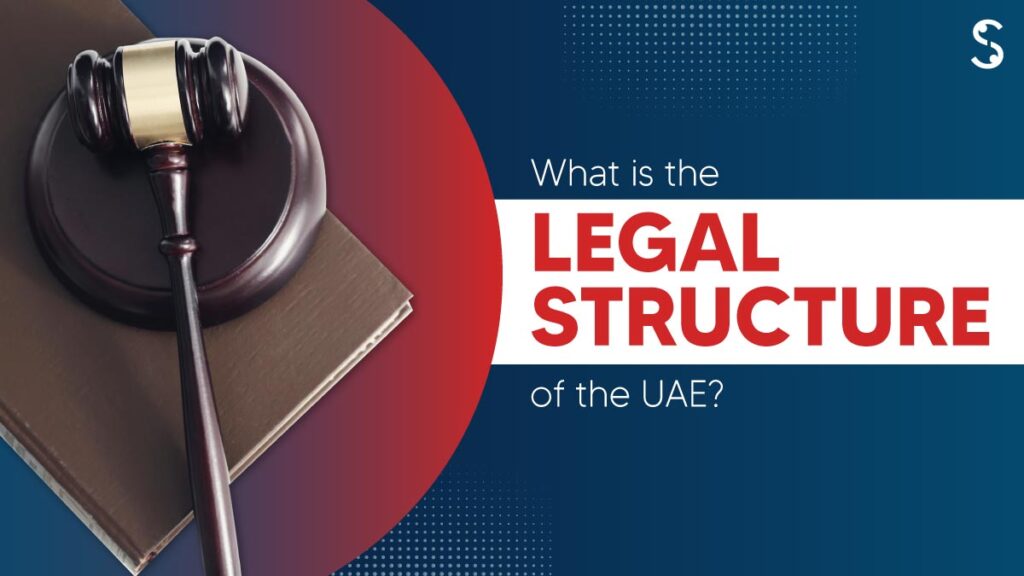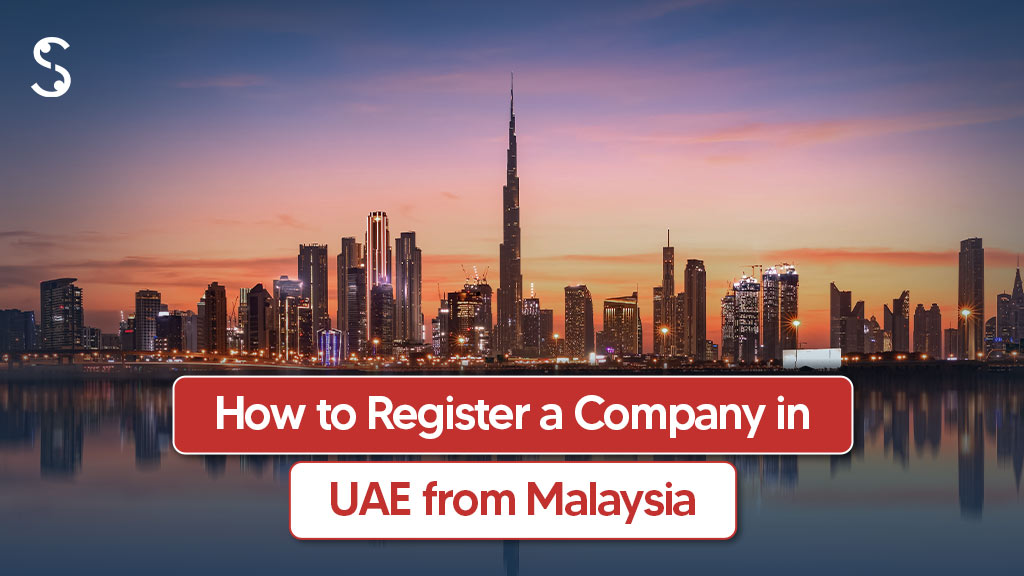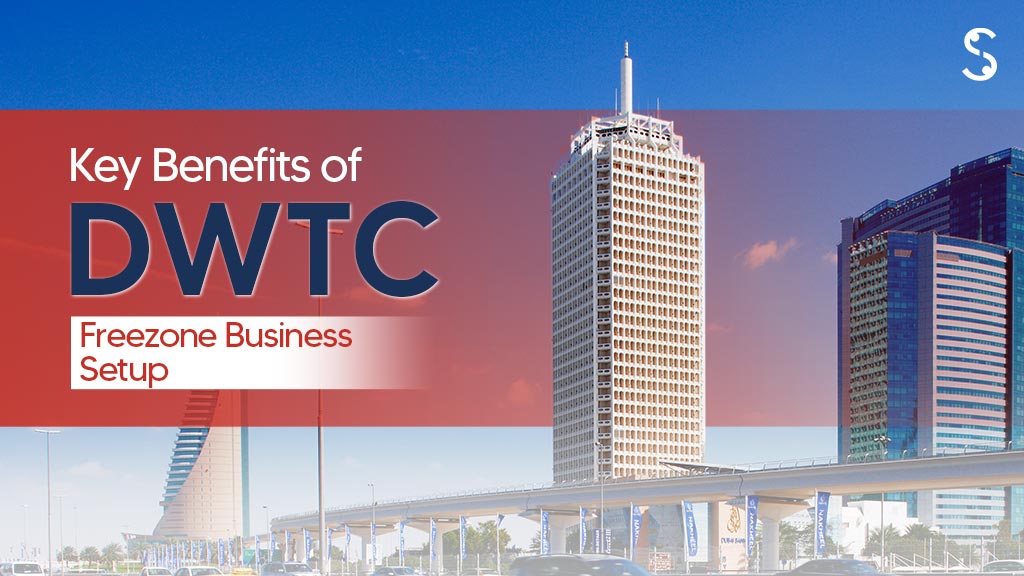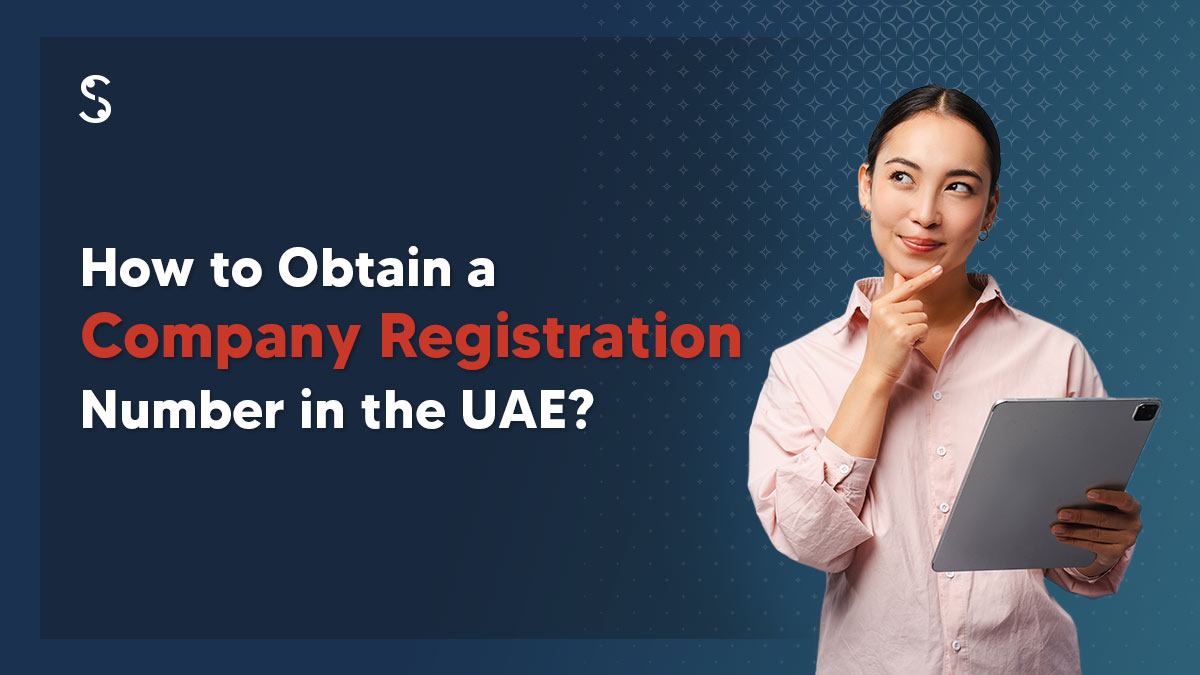The UAE is one of the most exciting places to start or expand a business, thanks to its fast-growing economy, prime location, and supportive government policies. However, before jumping in, it’s essential to understand the country’s legal structure for businesses.
Choosing the right structure isn’t just about following the rules, it’s about finding the setup that matches your business needs and helps you succeed in the long run.
With its tax advantages, investor-friendly environment, and a variety of business options, the UAE makes it easy to take your venture to the next level. Therefore, we’ll break down the different legal structures in UAE available for businesses, making it easier for you to decide what works best for your business goals.
Types of Legal Structures in the UAE for Businesses
The UAE offers a variety of legal structures to accommodate the diverse needs of businesses. Each structure has its own advantages and specific requirements, making it important to choose the one that aligns best with your business goals. Here are the most common types:
1. Sole Proprietorship
A sole proprietorship is a business entity owned and operated by a single individual. The owner has complete control over the business operations and is personally liable for all financial obligations.
Who Can Own It?
- UAE nationals and GCC citizens can own sole proprietorships for any business activity.
- Foreign nationals can establish a sole proprietorship for professional activities such as consultancy or services but require a UAE national as a local service agent (LSA).
Industries Best Suited for Sole Proprietorships:
- Freelance and consultancy services.
- Small-scale retail businesses.
- Professional services like accounting, legal advisory, and IT support.
2. Limited Liability Company (LLC)
An LLC is a flexible business structure widely used in the UAE. It offers a balance of liability protection and operational flexibility, making it one of the most popular choices for businesses. Examples include retail stores, trading companies, and manufacturing units.
Ownership Structure:
- Historically, an LLC required 51% ownership by a UAE national. However, recent reforms allow 100% foreign ownership for many business activities in the mainland.
- The remaining ownership is distributed among partners as per the agreed-upon structure.
Key Features:
- Requires at least 2 and a maximum of 50 shareholders.
- Limited liability for shareholders based on their capital contributions.
- Flexible in terms of activities and scalability.
- Ability to open bank accounts, hire employees, and bid for government contracts.
3. Civil Company
A civil company is a professional partnership where two or more individuals share ownership and liability based on their contributions. It is popular among professionals offering specialized services. such as doctors, lawyers, engineers, and accountants.
Suitable For:
Ideal for professions such as doctors, lawyers, engineers, and architects.
Ownership Regulations for Foreign Nationals
Foreign nationals can own a civil company but may require a local service agent (LSA) for licensing purposes. The LSA does not own shares in the business.
4. Public Joint Stock Company (PJSC)
A PJSC is a business entity designed for large-scale enterprises looking to raise capital through public shares and initial public offerings (IPOs). Examples include banks, telecom companies, and large construction firms.
Key Requirements:
- Minimum capital requirement: AED 10 million.
- A minimum of 10 shareholders is required, which can include individuals or companies.
- At least 51% of the shares must be owned by UAE nationals.
- Governed by strict regulations under UAE Commercial Companies Law to ensure transparency.
5. Free Zone Company
A free zone company is established within one of the UAE's many free trade zones. These zones offer attractive incentives and streamline processes for businesses.
Ownership:
- 100% foreign ownership with no need for a local sponsor.
- Full profit repatriation and exemption from import/export duties.
Key Features:
- Businesses can only operate within the free zone or internationally unless additional licenses are obtained.
- Simplified company registration processes.
- Some free zones cater to specific industries, like technology, logistics, or media.
Popular Free Zones:
- Dubai Multi Commodities Centre (DMCC)
- Jebel Ali Free Zone (JAFZA)
- International Free Zone Authority (IFZA)
- Dubai International Financial Centre (DIFC)
- Sharjah Media City (Shams)
6. Branch of a Foreign Company
A branch allows foreign companies to establish a presence in the UAE without creating a new legal entity. It operates under the parent company’s name and can conduct business similar to the parent company.
Key Features:
- Allowed to conduct business in the UAE under the same scope as the parent company.
- No separate legal identity, liabilities are borne by the parent company.
7. Private Joint Stock Company
Similar to a PJSC, but shares cannot be offered to the public. It is suitable for businesses that require significant capital but do not wish to go public.
Ownership and Shareholder Requirements:
- Minimum capital requirement: AED 5 million.
- Requires 2 to 50 shareholders.
- Shares can be privately traded among shareholders.
8. Offshore Company
A company incorporated outside the UAE mainland but within its jurisdiction (e.g., JAFZA Offshore or RAK ICC). Examples include asset management, holding companies, and international trading firms.
Key Features:
- No corporate or income tax.
- High level of confidentiality.
- Flexibility in opening bank accounts and holding assets.
- Cannot trade within the UAE market but can conduct international business.
Each of these legal structures comes with its own set of rules, benefits, and limitations. Selecting the right one depends on your business activity, ownership preferences, and operational goals.
How to Choose the Right Legal Structure for Your Business?
Selecting the right legal structure for your business is crucial to ensure smooth operations, compliance, and long-term success. Here are the key factors to keep in mind when deciding:
1. Business Activity and Target Market
The type of legal structure often depends on your business activity. For instance, service-oriented businesses may opt for a sole proprietorship or a civil company. Trading businesses often choose an LLC or a Free Zone company. If you’re targeting international markets, a Free Zone or Offshore company might be a better fit.
2. Ownership Requirements
100% foreign ownership is available for most Mainland LLCs and Free Zone Companies. Local sponsorship might be required for certain legal structures, like sole proprietorships and branches, depending on the activity.
3. Capital Investment and Liability Concerns
Structures like PJSCs and Private Joint Stock Companies require significant capital, while LLCs and sole proprietorships have minimal or no capital requirements. Sole proprietorships and civil companies have unlimited liability, exposing personal assets.
4. Taxation Policies and Benefits
The UAE offers a business-friendly tax regime with limited corporate tax for businesses. Offshore companies often provide added tax benefits and confidentiality for international operations. Consider any industry-specific tax policies or exemptions that may apply to your business activity.
5. Consulting Experts at Shuraa India
Choosing the right legal structure can be complex due to varying requirements and business goals. Shuraa India offers expert advice and end-to-end services to streamline the process, including:
- Evaluating your business activity and market focus.
- Assisting with documentation and licensing.
- Ensuring compliance with UAE laws and regulations.
- Providing tailored solutions for Mainland, Free Zone, and Offshore business setups.
Regulations and Authorities Governing Legal Structures in the UAE
The Federal and Emirate laws in UAE are designed to support business growth while maintaining compliance and governance. Several authorities and regulations govern the establishment and operation of businesses, such as:
1. Department of Economic Development (DED)
The DED is the primary regulatory body for businesses operating in the UAE mainland. It is responsible for:- Issuing trade licenses and approvals for mainland companies.
- Overseeing compliance with commercial laws and local regulations.
- Ensuring adherence to permitted business activities and zoning requirements.
The DED plays a vital role in enabling businesses to operate within the UAE’s local market. Each emirate has its own DED branch (e.g., Dubai DED, Abu Dhabi DED), with specific regulations tailored to the emirate’s economic needs.
2. Free Zone Regulations and Authorities
Each free zone in the UAE is governed by its own regulatory body. Examples include:- Dubai Multi Commodities Centre (DMCC).
- Abu Dhabi Global Market (ADGM).
- Jebel Ali Free Zone Authority (JAFZA).
- International Free Zone Authority (IFZA).
- Granting licenses for businesses operating within the free zone.
- Defining specific business activities allowed in their jurisdiction.
- Providing tailored regulations, such as tax exemptions and ownership benefits.
3. Federal Decree-Law No. (32) of 2021 on Commercial Companies
Federal Decree-Law No. (32) of 2021 was introduced to modernize and streamline corporate governance in the UAE. This law replaces the earlier Commercial Companies Law (Federal Law No. 2 of 2015) and provides updated regulations for companies operating in the UAE. Key provisions:
- One of the key features of the law is the removal of the requirement for a UAE national sponsor for many types of businesses, allowing full foreign ownership in most sectors.
- The law outlines corporate governance requirements, including rules on the responsibilities of directors, shareholders’ rights, and meetings.
- Simplified procedures and fewer restrictions for starting a business, especially for foreign investors, to encourage entrepreneurship.
The Corporate law in UAE provides a clear structure for companies to operate ethically and legally while protecting stakeholder interests.
How Shuraa India Can Help?
Choosing the right legal structure in the UAE is an important step in setting up your business. Whether you're starting a Sole Proprietorship, LLC, Free Zone company, or Offshore business, each option has its own advantages and requirements. Picking the right one helps ensure your business runs smoothly and stays compliant with local laws.
At Shuraa India, we're here to make this process easier for you. With our expertise, we help you choose the best legal structure that fits your business needs. Our team offers full support with licensing, paperwork, and PRO services to get your business up and running without any hassle. With over 25+ years of experience, we’re ready to guide you every step of the way in setting up your business in the UAE. Contact us today!








